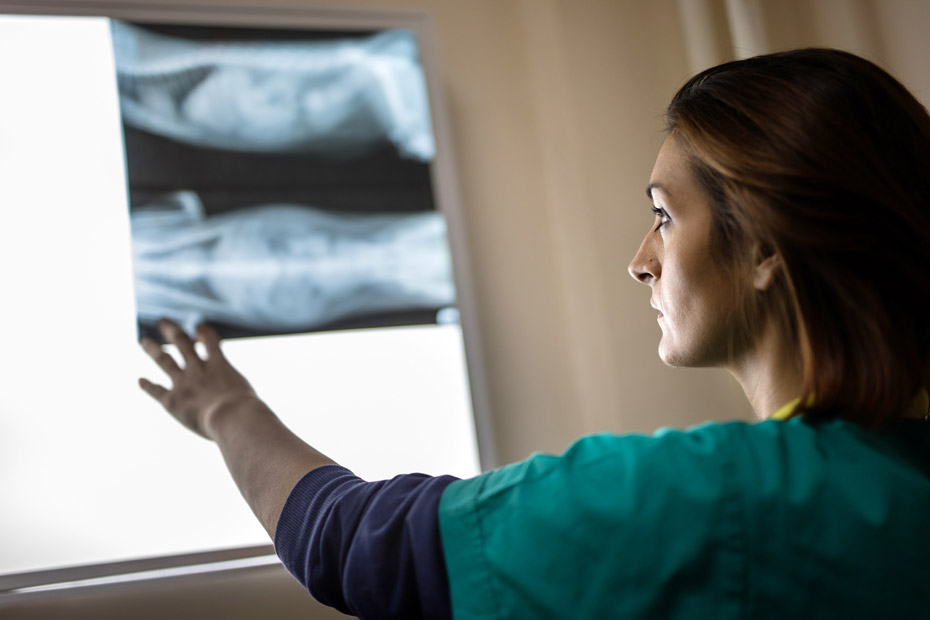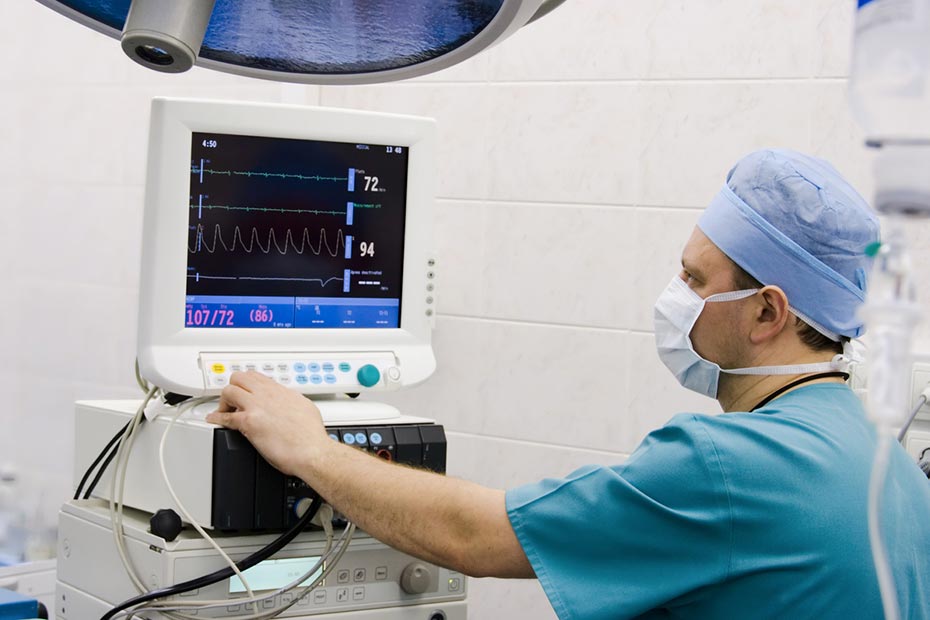Family physicians (also referred as family doctors and general practitioners) deliver services across the entire spectrum of care, regardless of patient age, sex or condition. While family medicine may seem the most “general” of the specialties, it is in fact, a precise discipline, integrating a unique blend of biomedical, behavioural and social sciences, while employing a diverse range of cognitive and procedural skills.
What are the training requirements to become a family physician?
After successfully completing their undergraduate medical education, graduates must complete a two-year residency program in family medicine. This includes experiences in family practice settings; general surgery; internal medicine; pediatrics; obstetrics/gynaecology; psychiatry and emergency medicine; as well as opportunities for electives in areas selected by each resident. Then, they become eligible for the College of Family Physicians of Canada (CFPC) certification exam, which, if passed, enables graduates to practise as a family physician in Canada.
What are the career options available to a family physician?
“There are so many ways you can be helpful to the healthcare system as a family physician,” says Dr. Nancy Fowler, Executive Director of Academic Family Medicine at the College of Family Physicians of Canada.
She says the most common track after finishing a residency is to do a ‘locum,’ which is a physician who temporarily fills the position of another while they are on vacation, sabbatical or extended leave.
“That’s a great way to see a lot of different types of practice and to get to know the community before settling into a long-term practice.”
Other options are working in a hospital setting or opening a private practice after completing a residency.
What are the qualities that make one a good family physician?
“As a generalist, you’re typically a person’s first contact with the healthcare system,” says Dr. Fowler. “You’re making the initial diagnosis, so you have to have a real curiosity in putting the pieces of the puzzle together.”
She adds that a good family physician should enjoy the versatility and variety that comes with the specialty, as well as the mix of biomedical, human and social elements of working with patients.
“You’re part of people’s lives in an ongoing way. Sometimes the complexity of a patient’s situation can only be navigated in the context of a trusting relationship, particularly with mental health and addiction issues. Those are complex situations that benefit from a prolonged relationship with a family doctor.”
Additional resources:
- CMA — Family Medicine Profile
- The College of Family Physicians of Canada
- Canadian Family Physician, official journal of the CFPC
Related stories:
- Top Family Medicine Residency Programs in Canada
- Canada’s Top 5 Most (and Least) Competitive Residencies in 2022
- Choosing Your Medical Specialty: Pediatrics
This article is intended as general information only and is not to be relied upon as constituting legal, financial or other professional advice. A professional advisor should be consulted regarding your specific situation. Information presented is believed to be factual and up-to-date but we do not guarantee its accuracy and it should not be regarded as a complete analysis of the subjects discussed. All expressions of opinion reflect the judgment of the authors as of the date of publication and are subject to change. No endorsement of any third parties or their advice, opinions, information, products or services is expressly given or implied by Royal Bank of Canada or any of its affiliates.



















